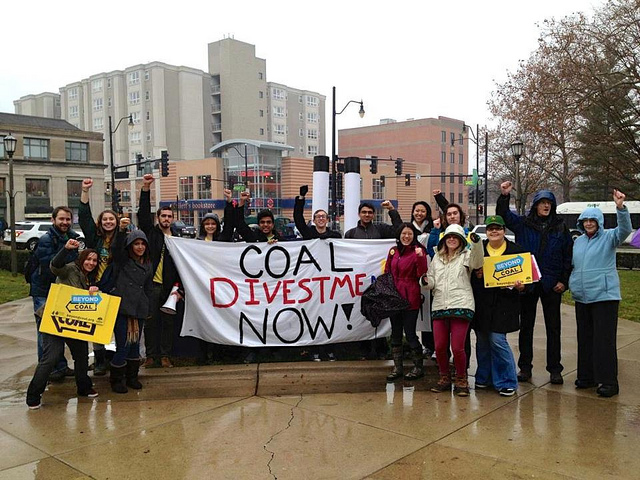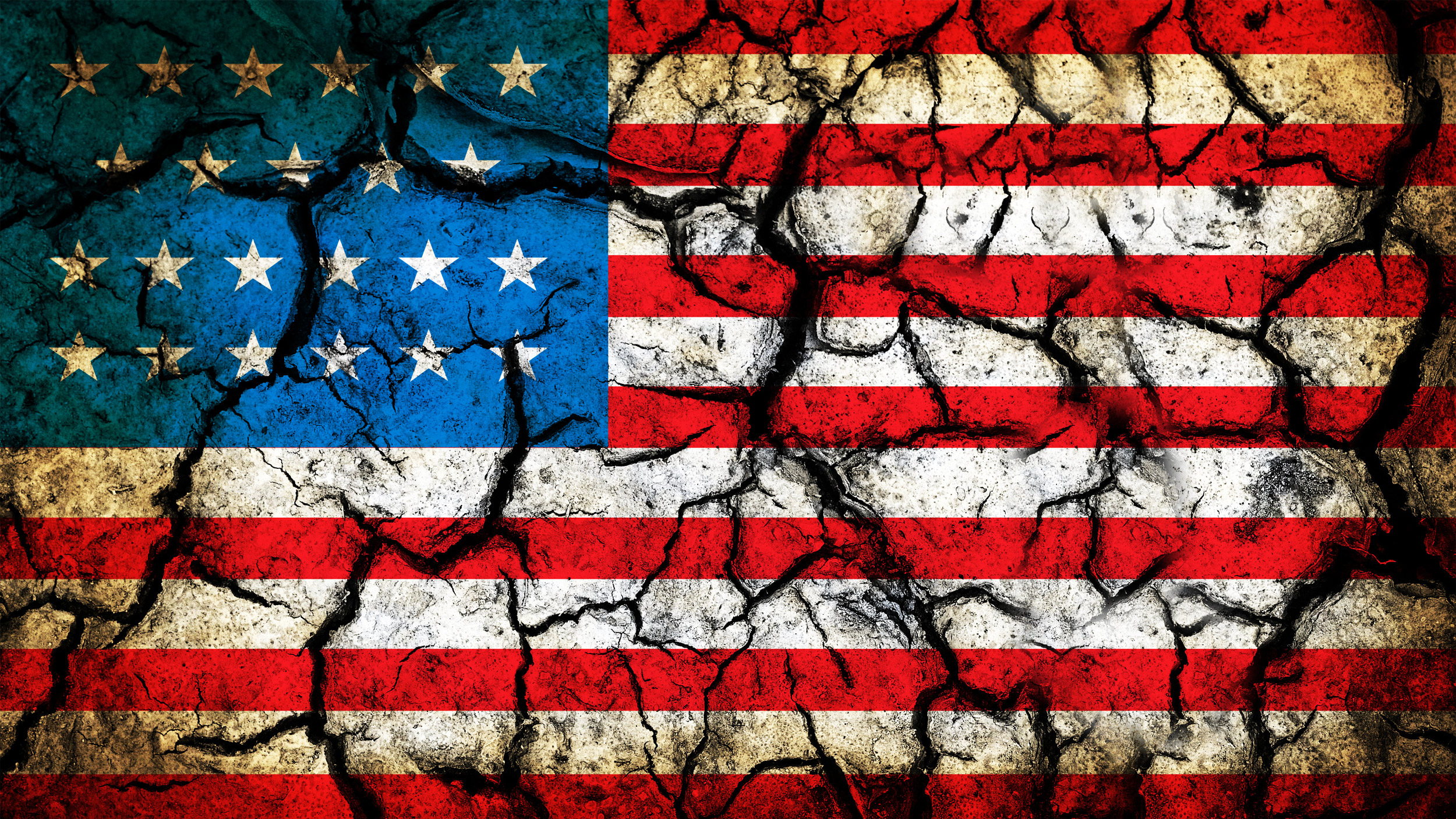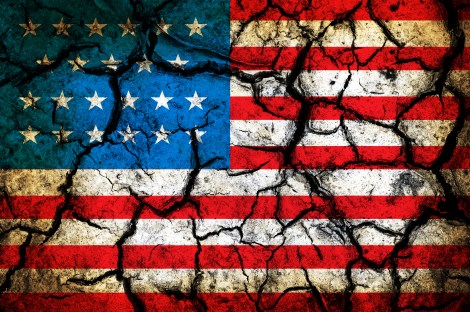When you fantasize about what you would do if you inherited a vast fortune, what do you think of? Vacation homes? Private jets? How about influencing electoral outcomes in towns of 20,000 that you will never set foot in? Well, if you find that last one odd, clearly you aren’t a Koch brother.
David and Charles Koch have turned their attention to obscure local races, The New York Times reports. Americans for Prosperity (AFP), the intensely conservative advocacy group backed by the polluting pair of billionaires, is throwing money around in minor elections such as Coralville, Iowa’s mayoral and city council contests today.
Thus far, AFP’s local advocacy is focused on limiting government spending and taxes generally. The group warns that Coralville, which took on debt to redevelop its riverfront, “is fast becoming Iowa’s version of Detroit.” (If it sounds like a stretch to compare an Iowa town of 19,692 to arguably the most crime-ridden big city in the U.S., it should.) This year, AFP has also successfully defeated tax increases on the ballot in Fremont, Neb., and Gahanna, Ohio.
If AFP and other Koch-backed organizations continue to intervene in small, local campaigns, it could hold back environmental protection. The Kochs and AFP are ardent opponents of environmental regulations. Koch Industries makes much of its money from the refinement and distribution of petroleum, chemicals, fertilizers, and pulp and paper. In Wisconsin, Gov. Scott Walker’s union-busting campaign and subsequent reelection were supported by the Kochs. Walker has gutted protections for wetlands and drinking water, and he is obsessively opposed to high-speed rail. AFP in North Carolina has worked closely with Art Pope, who bankrolled the right-wing takeover of the state government there. Pope’s favored candidates have far lower average ratings from the North Carolina League of Conservation Voters than the rest of the legislature, and they have set about trying to repeal all manner of environmental regulations, from renewable energy standards to local zoning codes.
The environmental stakes in local elections can be enormous, with implications for climate change. In Whatcom County, Wash., the county council elections today will determine whether the coal industry gets permission to build a desired coal export terminal. The proposed terminal, which would be the biggest of its kind on the West Coast, would allow for the shipment of coal extracted from the Powder River Basin in Wyoming to emerging markets in Asia.
Currently, there is a pro-coal majority on the council, and so environmentalists have poured more than $400,000 into a campaign to flip seats there, while the coal industry has chipped in at least $150,000 for the other side. This rare instance of spending favoring the public interest rather than the few corporations or wealthy individuals with a financial stake in the matter shows that the environmental movement can combat the special interests when properly organized.
And they will have to be. The larger solution to out-of-town billionaires and corporations buying local elections is campaign finance reform legislation. But thanks to the precedent set by the Supreme Court in Citizens United v. Federal Election Commission, which declared unconstitutional limits on donations to political action committees by corporations and unions, and subsequent decisions at the lower court level, unlimited funds can pour into any race.
For example, New York state law limits individual contributions to political action committees to $150,000 per year. A conservative group named New York Progress sued in federal court to get the limit lifted because an Alabama businessman, Shaun McCutcheon, had pledged to contribute at least $200,000 to the group’s effort to elect Republican mayoral candidate Joe Lhota. Two weeks ago, a federal appeals court ruled in their favor. So a right-wing Alabama billionaire could buy the mayoral election in a liberal city 1,000 miles away. Of course, $200,000 won’t swing the race in Lhota’s favor, but there would be nothing to stop McCutcheon or anyone else from spending $20 million. Similar laws have been overturned throughout the country since the Citizens United ruling.
And the Supreme Court may not be done helping the Koch brothers yet. On Oct. 8, the court heard oral arguments in McCutcheon v. Federal Election Commission, which Adam Liptak of The New York Times called “a sort of sequel to Citizens United.” Based on the justices’ questioning, Liptak concluded, “The Supreme Court on Tuesday seemed prepared to strike down a part of federal campaign finance law left intact by its decision in Citizens United in 2010: overall limits on direct contributions from individuals to candidates.”
Ultimately, limiting the influence of polluters like the Koch brothers will require winning elections and appointing better judges. Hopefully the system won’t already be too rigged in favor of oil billionaires and coal companies to stop that from happening.





